
Bringing the Outside In: Arts-based Engagement with Place
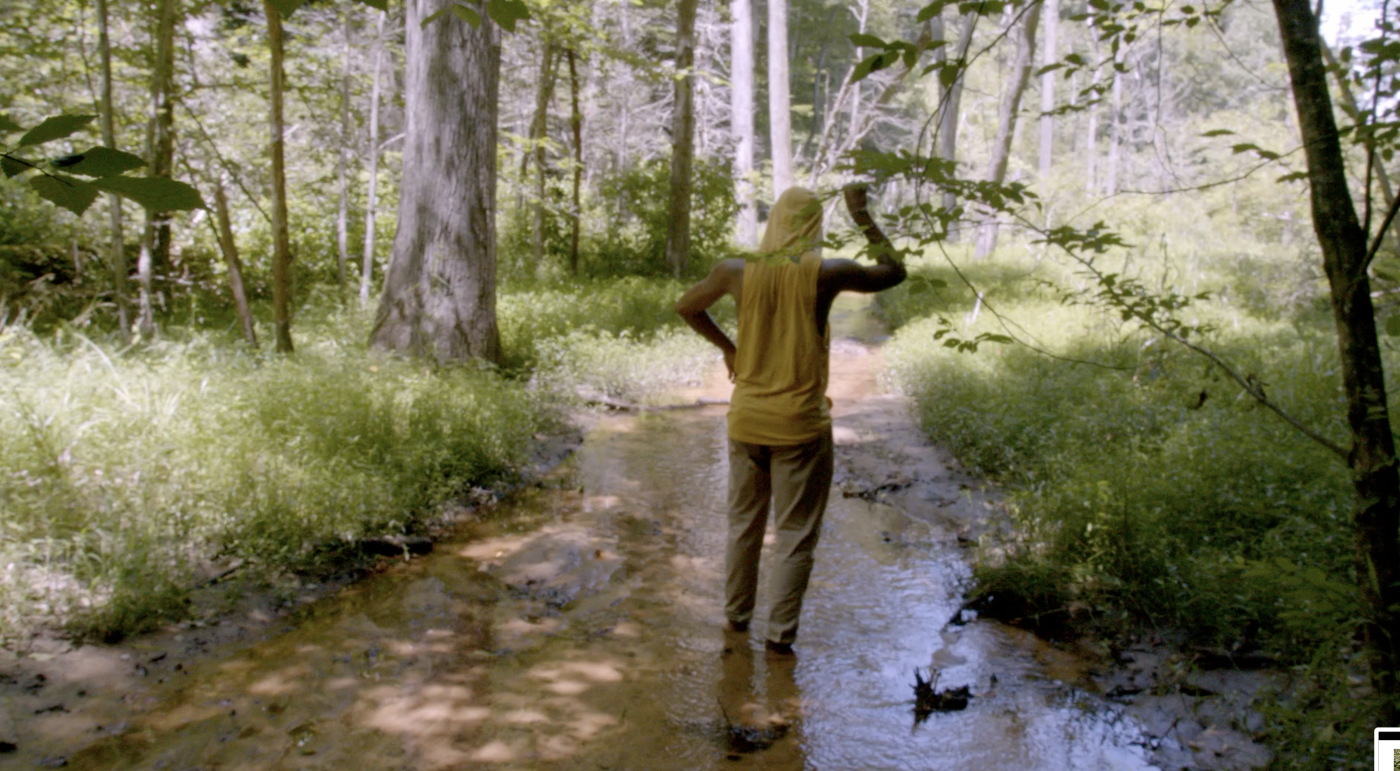
Bringing the Outside In: Arts-based Engagement with Place
Mellon Roundtable
Mon, Feb 19, 5pm
Campbell 153
Join Livestream
What is the relationship between Black liberatory artistic practices, place, and community? In this roundtable discussion, a group of scholars share reflections on landscapes of Black freedom manifested in Black art. Focused on the quotidian aspects of life, panelists examine the ways their respective artistic practices sustain and enrich their intellectual investments and inform the ways they read Black landscapes—past, present, and future. Learn how acts of refusal, waywardness, and the role of emplaced exigent memories of freedom and liberation are engendered in Black art, and offer a generative explication of place.
This event will kick off the Out(sider) Preservation Initiative led by UVA's Center for Cultural Landscapes and funded by the Mellon Foundation.
PANELISTS:
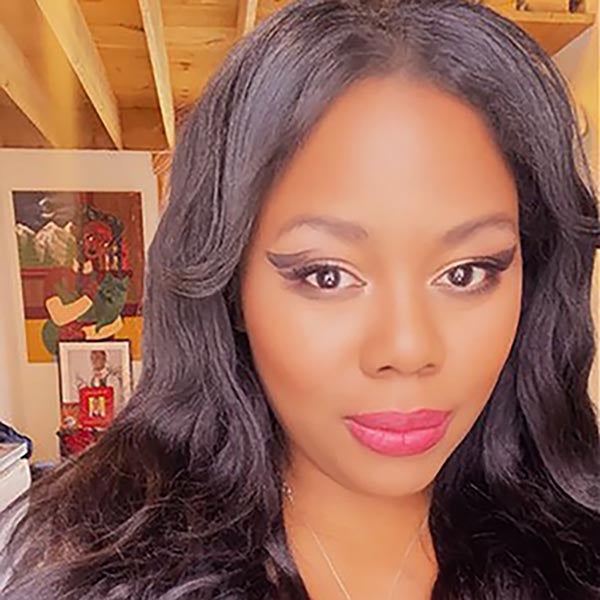
Dr. Christy Hyman is the Andrew W. Mellon Postdoctoral Fellow for Freedom on the Move at Cornell University in the Department of History. She uses Geographic Information Systems to observe to what extent critical geography can inform us of human experience while acknowledging phenomena deriving from oppressive systems in society threatening sustainable futures. In her current research project, she focuses on enslaved people’s movement by land and water across the antebellum U.S. South. As an historical geographer committed to social justice, Dr. Hyman holds strong personal and professional commitments to documenting, protecting, and preserving the unique relationships that Indigenous, Afro-descendant, Latinx, and other culturally or ethnically marginalized communities hold to the landscape and ecology of North America. She is currently working on two book projects: The Cultural Heritage of the Great Dismal Swamp (under contract with Hamilton Books) and The Jerusalem Oak: Mapping the Counter-Cartographies of Freedom and Struggle in the Antebellum South.
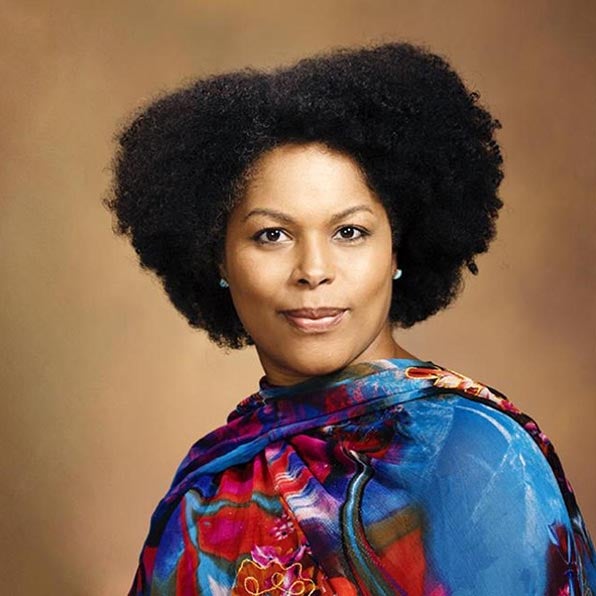
Michelle Lanier is an AfroCarolina folklorist, oral historian, museum professional, filmmaker and educator with over two decades of commitment to her callings. Raised in both Columbia and Hilton Head, South Carolina, and having ancestral roots in the sandhills, coastal plain, and upper piedmont of North Carolina, Michelle's ancestral geography guides much of her interdisciplinary work. Michelle is a graduate of Spelman College and the University of North Carolina at Chapel Hill. As a seasoned public humanities professional, in 2018, Michelle was named as the first African American director of all of North Carolina's 25 state-owned historic sites. She has also served on the faculty of and is a Fellow at the Center for Documentary Studies at Duke University since 2000. This work has led to Michelle's role as Documentary Doula (aiding the birth of films) most notably the award-winning Mossville: When Great Trees Fall, which reveals a global south story of resistance to environmental racism. Mossville has been translated into five languages, screened on six continents, and chosen by the United Nations in an effort to raise awareness about the climate crisis and its impact on the lives of people of African descent.
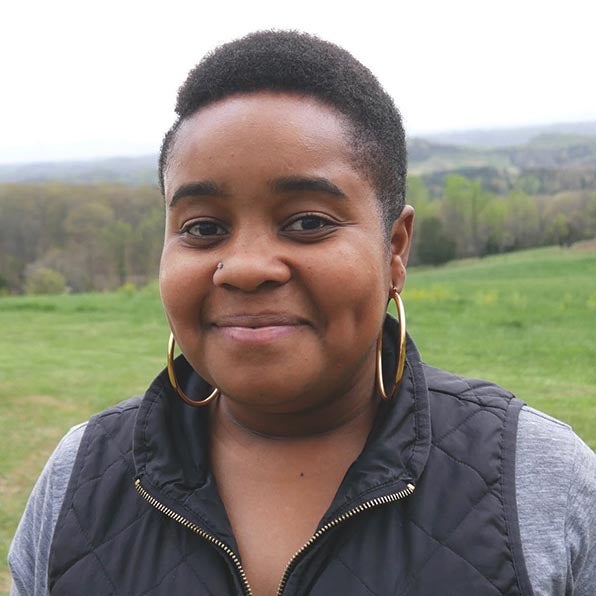
Dr. Danielle Purifoy is an Assistant Professor in the Department of Geography at The University of North Carolina at Chapel Hill. She completed a Ph.D in Environmental Politics and African American Studies at Duke University, earned a B.A. in English and Political Science from Vassar College, and a J.D. from Harvard Law School. Her current research traces the roots of contemporary environmental conditions in the U.S. South, specifically in black towns dating back to the post-Bellum era. She has also written about the legal dimensions of environmental justice and equity in food systems. Dr. Purifoy is the former Race and Place Editor at Scalawag, a magazine devoted to Southern politics and culture, and the current Board Chair of the North Carolina Environmental Justice Network.
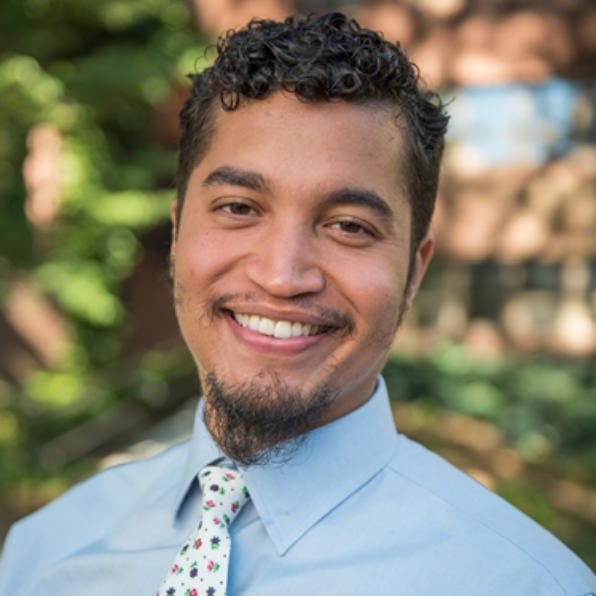
Dr. J.T. Roane is Assistant Professor of Africana Studies and Geography and Andrew W. Mellon Chair in Global Racial Justice in the Institute for the Study of Global Racial Justice at Rutgers University. He received his Ph.D. in history from Columbia University and he is a 2008 graduate of the Carter G. Woodson Institute at the University of Virginia. His book Dark Agoras: Insurgent Black Social Life and the Politics of Place was published in 2023 with New York University Press. Dr. Roane's short experimental film Plot received support from Princeton's Crossroads Fellowship. He also currently serves as a member of Just Harvest—Tidewater, an Indigenous and Black led organization building toward food sovereignty and justice in Virginia’s historical plantation region through political and practical education.
MODERATORS:
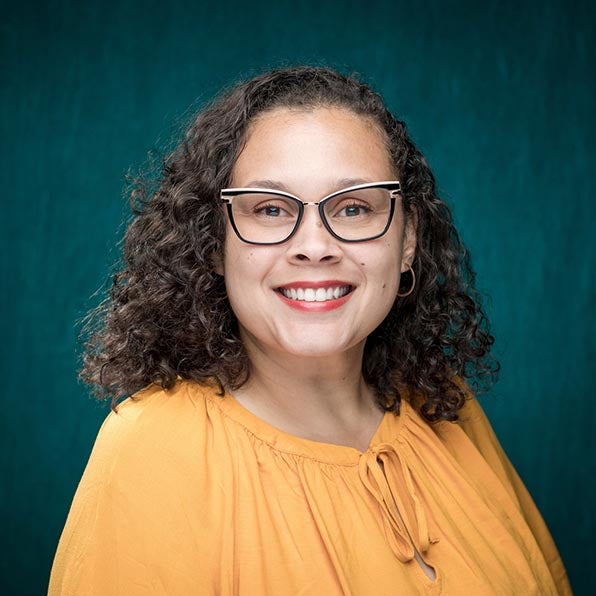
Dr. Maia L. Butler is Associate Professor of African American Literature at the University of North Carolina Wilmington (UNCW) and affiliate faculty in Women’s and Gender Studies, Africana Studies, and Graduate Liberal Studies. She is a literary geographer researching and teaching in African Diasporic, Anglophone Postcolonial, and American (broadly conceived) studies, with an emphasis on Black women’s literature and feminist theories. Dr. Butler is the Co-founding Vice President of the Edwidge Danticat Society and co-editor of a volume titled Narrating History, Home, and Dyaspora: Critical Essays on Edwidge Danticat (Mississippi UP 2022), and has chapters in the collections Bloomsbury Handbook to Edwidge Danticat (Bloomsbury 2021), Approaches to Teaching the Work of Edwidge Danticat (Routledge 2019), and Revisiting the Elegy in the Black Lives Matter Era (Routledge 2019).
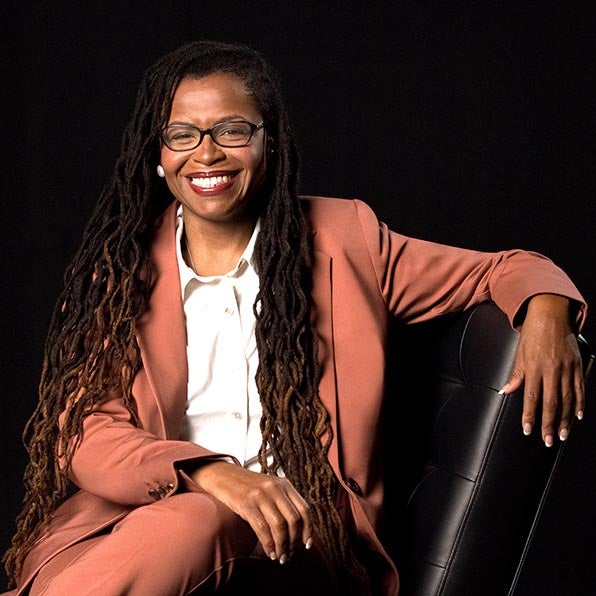
Dr. Andrea Roberts is Associate Professor of Urban + Environmental Planning at the University of Virginia School (UVA) of Architecture and Director of the UVA Center for Cultural Landscapes. Dr. Roberts is a planning historian, theorist, public humanities scholar, place preservationist and educator. She is also the founding director of The Texas Freedom Colonies Project, a research and social justice initiative documenting placemaking history and grassroots preservation practices in the African Diaspora. Dr. Roberts trains future planners and preservationists to move marginalized communities’ histories, ontologies of place, methods, and agendas from the edge to the center of practice and policymaking. Dr. Roberts’s current work centers the unrecorded histories of endangered historic black settlements and towns in Texas called freedom colonies, founded in 1866-1930, where descendants of community founders engage in heritage conservation by keeping folklife, sacred rituals, and other cultural expressions of Black liberation. She is currently writing a book about Black historic preservation practice to be published by the University of Texas Press.
This event is co-presented by the UNCW Upperman African American Cultural Center and the UVA Center for Cultural Landscapes, with support from the Mellon Foundation.

